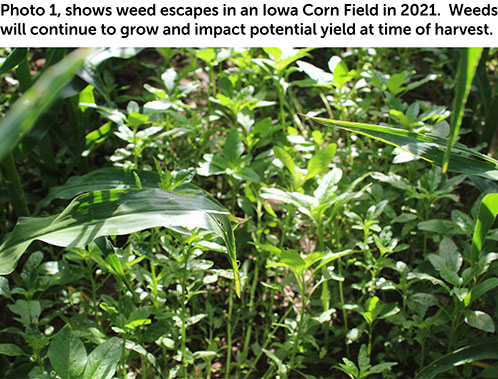USDA Signs Off On Dicamba-Tolerant Trait In Cotton, Soybeans
Cotton and soybean growers will gain a new tool for controlling more than 190 broadleaf weeds, including key glyphosate-resistant weeds. USDA announced deregulation of a dicamba-tolerant trait for cotton and soybeans, which clears the way for the introduction of Engenia herbicide from BASF. Engenia herbicide will control the toughest broadleaf weeds post-emergence in dicamba-tolerant cotton and soybeans. A registration decision by EPA for Engenia herbicide is anticipated to follow this deregulation milestone.
“BASF is committed to providing new technologies for growers, as shown by our $1.5 million per day investment in agricultural research,” said Scott Kay, Vice President, U.S. Crop Protection, BASF. “Through our continued commitment to innovation, BASF will bring to market its most advanced dicamba formulation, Engenia herbicide.”
The USDA opened public commentary in the fall of 2014 regarding the trait deregulation. According to the feedback on www.regulations.gov, growers believe technologies like dicamba-tolerant cropping systems give farmers choices. Growers stated the technology is necessary so they can continue to improve their farms and remain competitive in the global marketplace by maintaining healthy yields and productivity.
In more than 300 research trials completed in 2011 and 2012, Engenia herbicide demonstrated effective control of resistant broadleaf weeds. When Engenia herbicide is used with other BASF residual herbicides, it has shown more than 95% control of both grasses and problematic broadleaf weeds.
As a key part of the dicamba-tolerant cropping system, Engenia herbicide will be used to help protect yield potential and manage increasingly complex weed challenges. According to 2012 field research trials, Engenia herbicide has been shown more effective than 2,4-D on key broadleaf weeds, such as Palmer amaranth, waterhemp, marestail and common and giant ragweed, and provides up to two weeks of soil residual activity to control weeds before they emerge.
“BASF has leveraged more than 50 years of technical expertise with dicamba to develop Engenia herbicide,” Kay said. “Engenia herbicide will provide a much-needed new tool to help growers manage weed problems in dicamba-tolerant cotton and soybeans.”
View more information on herbicide best practices.






